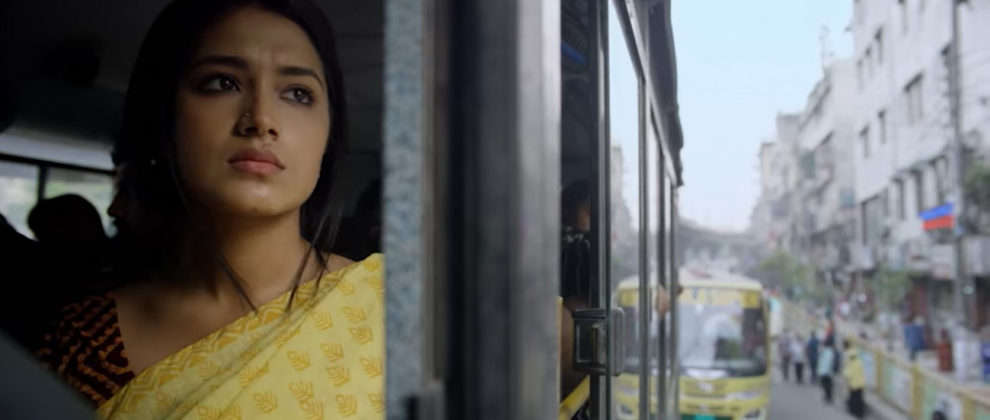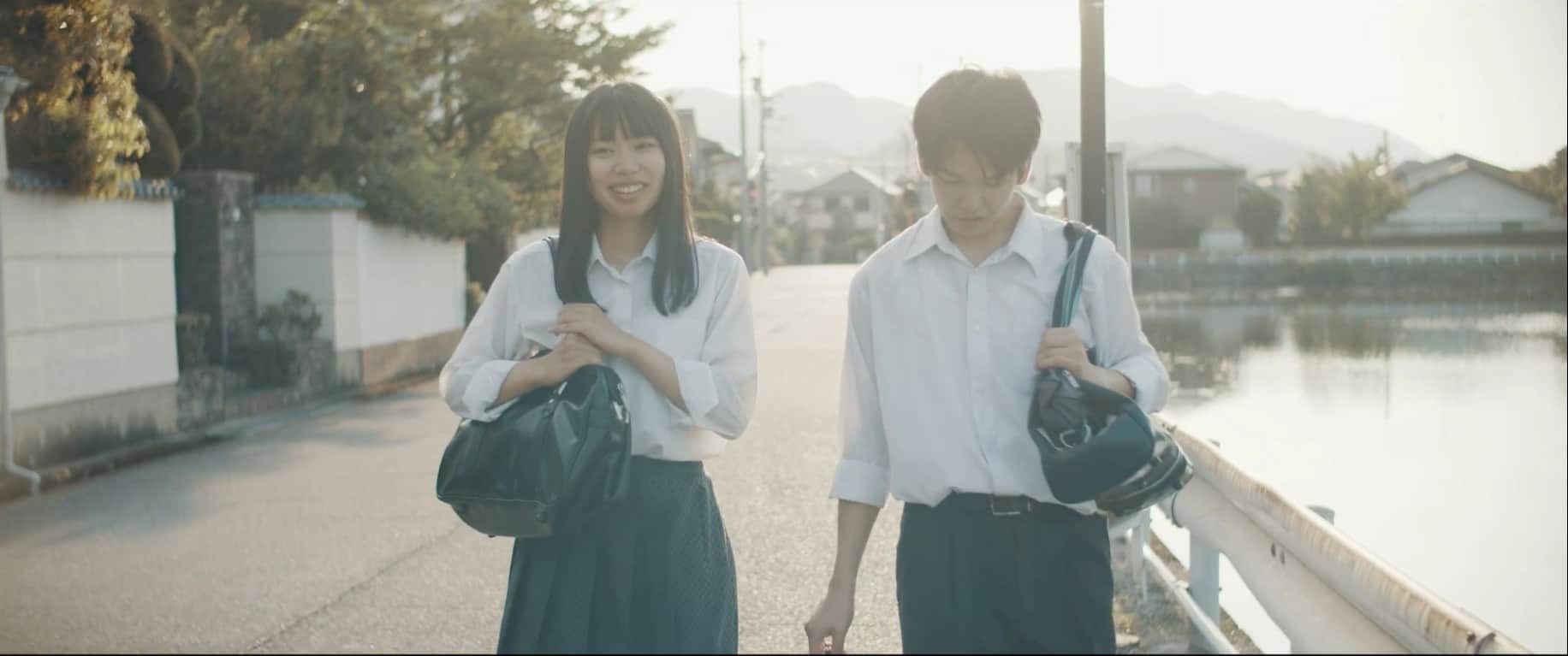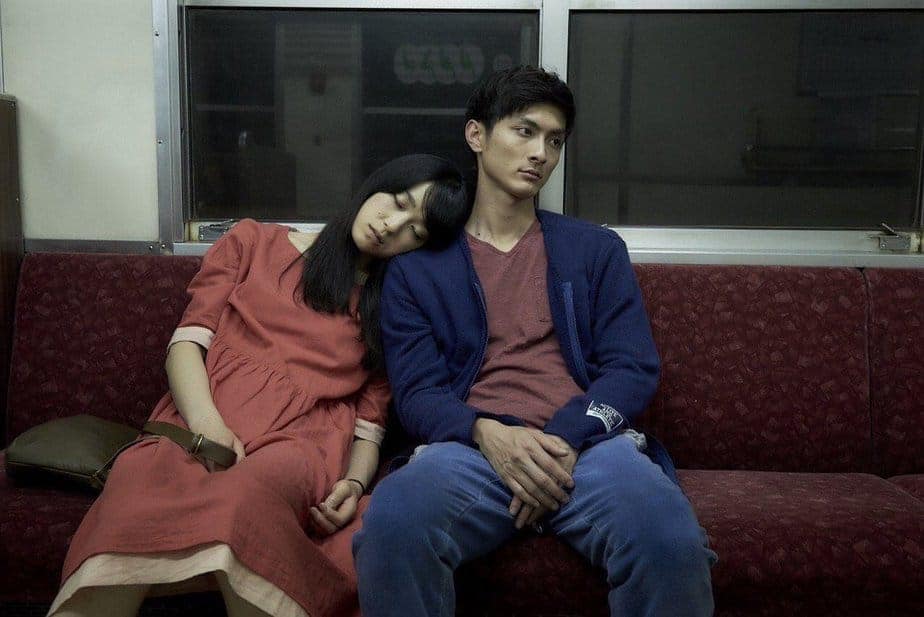Considering the intense increase of online content recently and particularly after a pandemic that restricted screenings in actual cinemas to a bare minimum, it is no surprise that even some of the most cinematic filmmakers find themselves presenting their latest works in digital platforms. In that fashion, Mostofa Sarwar Farooki, probably the most recognizable figure of modern Bangladeshi cinema, premiered his first web series on Zee5 Global, titled “Ladies and Gentlemen”.
The story revolves around Sabila, a very beautiful young woman, who teaches dancing in an arts center in Dhaka. Sabila is married to Arif, who also works in the same service, although in another branch in a different location, but her main issue is her father who lives with them, but suffers from a continuously worsening dementia. In order to pay his medical bills, Sabila really needs to become a permanent employee, but sees other workers in the service, particularly men, taking her position. As her father's situation worsens, a desperate Sabila asks one of the people in charge, Khairul Alam, who is also an old friend, to help her with her application. Khairul, who spends much of his time in the office writing poems that he then reads to her, misunderstands her request, leading to an event that can only be perceived as an assault.

An infuriated Sabila decides to go to the police, but the man in charge of the center convinces her to withdraw her report, promising her that her complaint will be resolved internally with all fairness. As time passes and nothing happens, however, Sabila finds herself getting more and more frustrated, while a business proposition from Khairul's daughter, Laura, who has no clue about what has happened, intensifies her dilemma even more. Eventually, the pressure takes a toll on her relationship with Arif also, particularly after the press gets involved. As the tension piles up for everyone, a crime turns everything upside down.
One of the main issues all series' creators seem to face is that, in order to reach the desired number of episodes, they prolong the story to points that occasionally become quite tedious. Farooki, however, manages to avoid this reef by changing the whole style of the series almost completely at half point, from a social drama about a woman fighting against all odds, to a whodunnit-noir-crime, that becomes more and more complicated as the story unfolds, even introducing new protagonists essentially. This change, along with the transition from one to another, emerge as two of the best traits of the narrative, highlighting Farooki's work both in writing and direction.

This approach also allows him to make a number of sociopolitical and occasionally philosophical comments. The place of women in Bangladeshi society is one of the central ones, with the way Shabila is treated both before, and even more, after the incident, highlighting that this is a rather intensely male-dominated setting. Khairul tells her in one of the first episodes, “We are a misogynist society” with the phrase synopsizing the whole situation in the best way, while the accusations against Shabila, of smoking and wearing short sleeves (which are considered provocative in the highly conservative Bangladeshi society) adding even more to the concept.
Khairul in general, emerges as a rather interesting persona, despite his evident despicability, with Farooki using him as a medium for a number of comments. The fact that he is a poet seems to state that even if someone can produce art of intense beauty, he can still be an awful person, since one has very little to do with the other. The consequences of his actions, particularly on his family, also emphasize how the actions of one person can affect the people around him/her, while the role the press and public opinion play, present both in the darkest colors, in the fashion of the “bullying the bully”-concept. Afzal Hossain's performance in the part is excellent, in a rather difficult role he fulfills with flying colors.
Talking about the acting, the level here is quite high, with the majority of the cast giving great performances. Tasnia Farin provides an impressive point of focus as Sabila, presenting her sadness, regret, anger, resolve and despair with equal artistry, while her evident charisma fills the screen every time she appears. Nur Maria is another impressive presence as Laura, with the transformation of an ignorant daughter to a fully disillusioned, and rather regretful one is quite convincing. Partha Barua in the role of the chief investigator emits coolness from every move and every line, although his character is a bit ambiguous in terms of writing, since it is difficult to characterize him as a good or a crooked policeman and individual. The one who steals the show, however, is Hasan Masood as Mizu, in a surprising role that, unfortunately, I cannot analyze more due to the function of the part in the story. I will only say that he manages to be funny and rather entertaining in the most unexpected situations.
Another great aspect of the movie is the cinematography of Alexey Kosorukov, with the capturing of the “action” being ideal, particularly in the frames where he stresses the role of the characters that are not the ones in focus, with Mizu benefiting the most from this approach. The noir element that takes over in the second half of the series owes a lot to his camera, with the interrogation scenes in particular being rather impressive. Momin Biswas ‘s editing is also on a very high level, with the montage of the feelings of the two women in particular, being among the most memorable sequences of the title.
Some issues with the series do exist, with the writing of some of the characters being somewhat excessive, and the narrative becoming a bit too melodramatic, particularly close to the end. Furthermore, the relationship of Sabila with Arif could have been explored a bit more, especially regarding his perspective of the situation, although the ending somewhat compensates in that regard.
These however, are but minor faults, and the overall sense “Ladies and Gentlemen” leaves is of an excellent title, of much higher level than the usual standards of TV series, both contextually and technically.















